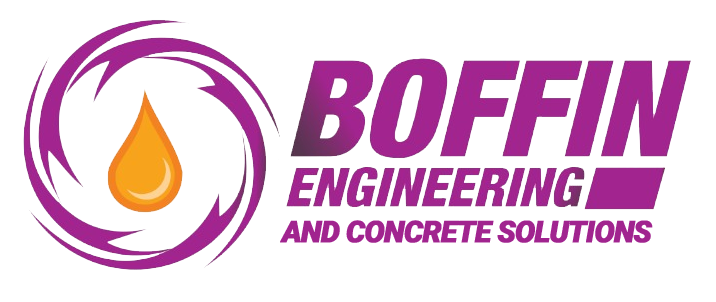- December 19, 2023
- Posted by: boffin
- Category: Uncategorized
Exposure to moisture can cause extensive damage and costly repairs to building materials over time. From leaking basements to mould concerns, preventing water infiltration should be a top priority for homeowners and property managers. Installing speciality waterproof coatings provides an affordable, long-lasting moisture protection solution.
What Are Waterproofing Coatings?
Waterproofing coatings are liquid-applied barriers designed specifically to stop water penetration and leakage. Top manufacturers like DuPont, Polyguard, and Henry specialize in advanced waterproof coatings in various forms including:
- Cementitious coatings
- Bitumen or asphalt coatings
- Epoxy resins
- Polyurethanes
- Acrylics
- Polyurea sprays
These coatings can be used on concrete, wood, metal and other common building surfaces prone to water exposure issues.
Benefits of Waterproofing Coatings
The key benefit waterproofing coatings provide is superior leak prevention and moisture protection. Specific advantages include:
- Prevent costly water damage from leaks or seepage
- Resist cracking, allowing for substrate expansion
- Adhere strongly to excellent long-term durability
- Resistant to chemicals and saline conditions
- Reflective white coatings reduce indoor temperature
- Mold and mildew resistant to discourage biological growth
- Easy installation and maintenance
Waterproof Coating Applications
There is a diverse range of residential, commercial, industrial and civil uses for speciality waterproof coatings depending on the specific product formulations:
- Concrete foundations, basements, retaining walls
- Road and bridge decks
- Tunnels, dams, reservoirs
- Below-grade masonry
- Roofs
- Wood and timber
- Water tanks and swimming pools
- Steel tanks, pipes and infrastructure
Waterproof Coatings Buying Considerations
With many coating options available, it helps to assess your project requirements with professionals to select the optimum materials. Important buying considerations include:
- Surface material type – masonry, concrete, wood, etc. This determines suitable coatings for adhesion.
- Exposure levels – occasional, partial or total submersion
- Permanence needs – temporary or long-term protection
- Application method – brush, roll, spray, injected
- Temperature resistance is required if high-heat equipment nearby
- Traffic levels if coating also need abrasion resistance
Work with us at Boffin Engineering to use our technical expertise and moisture testing to identify fail points. Investing in reliable waterproofing coatings well suited for the setting avoids leaks leading to structural issues down the road.
